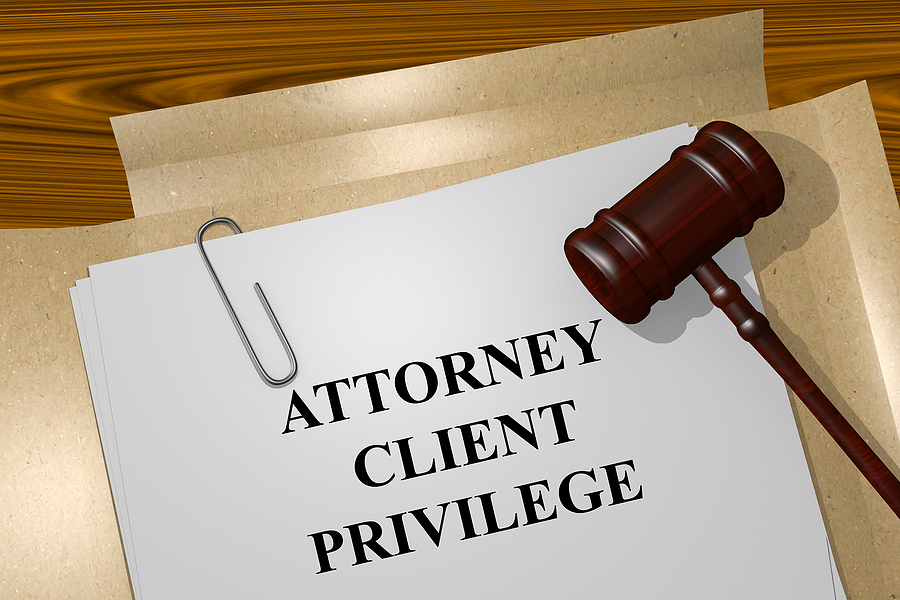Understanding the Fourteenth Amendment is crucial in grasping the principles of liberty, equality, and justice that shape American society. This post aims to demystify this pivotal constitutional amendment, highlighting its historical significance and contemporary relevance. By the end, you’ll appreciate the Fourteenth Amendment’s impact on civil rights, criminal justice, and everyday life.

The Drafting and Ratification of the Fourteenth Amendment
The Fourteenth Amendment was born out of the turbulent Reconstruction Era following the Civil War. With the abolition of slavery through the Thirteenth Amendment, there was an urgent need to address the status and rights of newly freed slaves. The Reconstruction Acts and frequent clashes between President Andrew Johnson and Congress set the stage for this landmark amendment.
Key figures like Senator Charles Sumner and Representative Thaddeus Stevens were instrumental in championing the amendment. Their fierce debates and passionate advocacy highlighted the urgent need for constitutional measures to protect civil rights and ensure equality. Finally, on July 9, 1868, the Fourteenth Amendment was ratified, setting a new precedent for liberty and justice in the United States.
The amendment marked a significant shift in American constitutional law. Its drafting and ratification were a testament to the nation’s commitment to rebuilding and redefining itself in the wake of the Civil War. The Fourteenth Amendment opened doors to a broader interpretation of civil rights, laying the foundation for future legal battles and social reforms.
The Equal Protection Clause
The Equal Protection Clause, found in Section 1 of the Fourteenth Amendment, promises that no state shall “deny to any person within its jurisdiction the equal protection of the laws.” This clause has been a cornerstone for numerous civil rights advancements and legal interpretations aimed at eliminating discrimination.
One of the most notable cases influenced by the Equal Protection Clause is Brown v. Board of Education (1954). This landmark decision declared state laws establishing separate public schools for black and white students to be unconstitutional. It was a significant step towards desegregation and highlighted the clause’s role in promoting equality.
Another pivotal case is Loving v. Virginia (1967), which struck down state laws banning interracial marriage. The Supreme Court’s decision emphasized that such laws violated the Equal Protection Clause, further cementing its importance in ensuring equality and justice for all citizens.
The Equal Protection Clause continues to serve as a vital legal tool in contemporary issues, from gender discrimination to LGBTQ+ rights. Its broad interpretation allows for ongoing legal challenges and reforms, ensuring that the fight for equality remains a central tenet of American society.
The Due Process Clause
The Due Process Clause, also located in Section 1 of the Fourteenth Amendment, proclaims that no state shall “deprive any person of life, liberty, or property, without due process of law.” This clause ensures that individuals are afforded fair procedures and protections against arbitrary government actions.
A landmark case illustrating the Due Process Clause’s significance is Roe v. Wade (1973), which recognized a woman’s right to privacy under the due process clause, thus legalizing abortion nationwide. This case underscored the clause’s power in protecting individual liberties and autonomy.
Another significant case is Gideon v. Wainwright (1963), which established the right to legal counsel for criminal defendants who cannot afford an attorney. The Supreme Court ruled that the Due Process Clause required states to provide legal representation, ensuring fair trials and upholding the principles of justice.
The Due Process Clause continues to influence various aspects of American law, from property rights to procedural fairness in the criminal justice system. Its application ensures that individuals are protected from unjust governmental actions and that their rights are upheld.
The Fourteenth Amendment and Contemporary Issues
In today’s society, the Fourteenth Amendment remains highly relevant, addressing contemporary issues and adapting to evolving legal and social contexts. Its principles are applied in cases involving voting rights, immigration, and digital privacy, among others.
One contemporary issue is the debate over affirmative action in higher education. Cases like Fisher v. University of Texas (2013) have brought the Equal Protection Clause into focus, questioning whether race-conscious admissions policies violate the Constitution. These debates highlight the ongoing struggle to balance equality and diversity in modern America.
Another pressing issue is the protection of LGBTQ+ rights. The landmark case Obergefell v. Hodges (2015) legalized same-sex marriage nationwide, relying on both the Equal Protection and Due Process Clauses. This decision marked a significant victory for LGBTQ+ rights and showcased the amendment’s adaptability to contemporary social movements.
Despite these advancements, there are areas where the Fourteenth Amendment’s application can be improved. Issues such as mass incarceration, police brutality, and voter suppression require ongoing attention and reform to ensure that the principles of liberty, equality, and justice are upheld for all individuals.
Conclusion
The Fourteenth Amendment is a pillar of American constitutional law, embodying the principles of liberty, equality, and justice. Understanding its historical context, key clauses, and contemporary applications is essential for appreciating its impact on our society. By exploring the amendment’s drafting, the Equal Protection and Due Process Clauses, and its relevance to modern issues, we gain a comprehensive understanding of its significance. The Fourteenth Amendment serves as a powerful tool for protecting civil rights and ensuring justice for all.
Stay engaged with these topics, educate yourself on the ongoing legal battles, and advocate for reforms that uphold the principles of the Fourteenth Amendment. Your voice and actions can contribute to a more just and equitable society.
For further resources and expert insights, consider exploring legal literature, attending seminars, or joining advocacy groups dedicated to civil rights and constitutional law. Together, we can continue to advance the principles of liberty, equality, and justice for all.
Navigating the complexities of restitution can be challenging, but you don’t have to do it alone. Contact the Law Office of David E. Lewis at 317-636-7514 to book an appointment with an experienced criminal defense attorney in Indianapolis, Indiana. We will get the best possible outcome for your criminal case! Act now while there is still ample time to build your defense and secure your freedoms.
Related Posts:
Due Process Explained: How the Fourteenth Amendment Shapes Law
Facts About Your Sixth Amendment Right to Counsel
What are My Constitutional Rights After Being Arrested?









